What is National Storytelling Week?
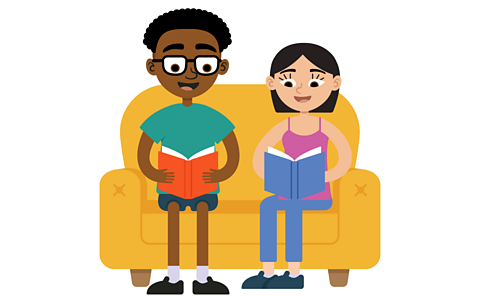
National Storytelling Week is a week where we celebrate the power of telling stories.
In 2025, National Storytelling Week runs from the Saturday the 1st to Sunday the 9th of February.
It is celebrated every year in schools, book clubs and museums and is a chance to make and share stories. Stories can be found all around us in picture books, plays, TV shows, films and video games.
In this article you will learn about:
- Different types of stories
- How to tell stories
- Storytelling through history
- Stories from around the world
- Moral and religious stories

English
Talking about stories
Talking about stories helps us understand them better.
When we discuss a story, we can discover why characters do what they do and how it makes us feel.
Talking helps us spot things we might have missed and think about the big ideas, like friendship or courage.
It also lets us hear other people’s thoughts, which can help us see the story in a new way.
Reading out loud
Bitesize KS2: English - Comprehension

Discussing what you read
Bitesize KS2: Engilish - Comprehension
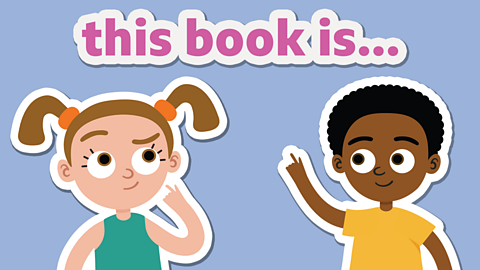
Find out more about the Blue Peter Book Club
Bitesize: Blue Peter Book Club
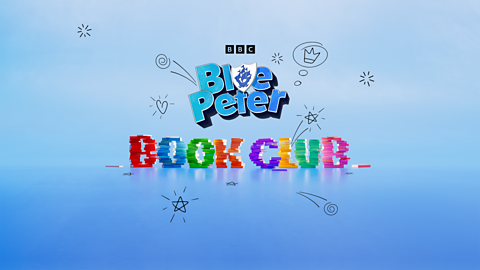
Writing stories
All stories have characters and a plot but there are lots of different types or genres of story, from fairy stories and myths to science fiction and adventure stories. Take a closer look at some of these different types of stories.
Analysing and writing myths
Bitesize KS2: English - Fiction
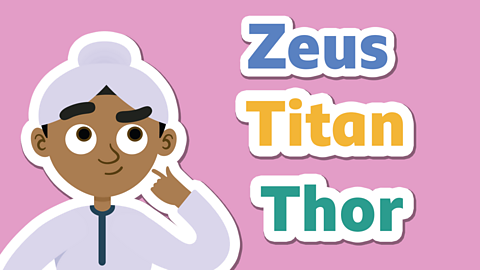
The legend of Robin Hood
Bitesize KS2: English - Fiction
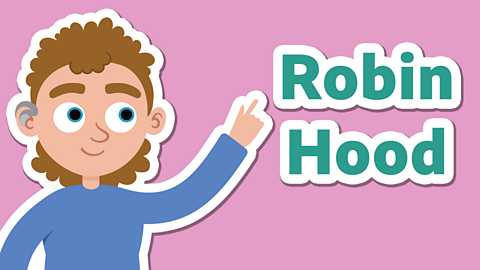
How to write a science fiction story
Bitesize KS2: English - Fiction
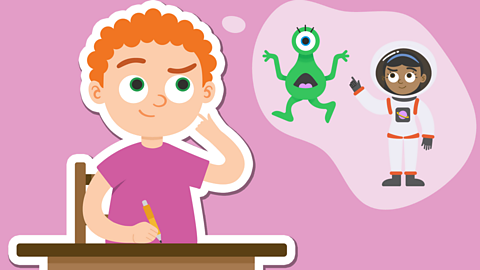
How to write a fairy story
Bitesize KS2: English - Fiction
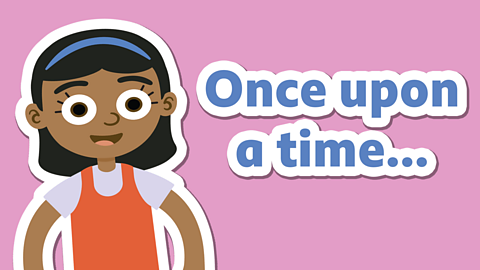
How to write an adventure story
Bitesize KS2: English - Fiction
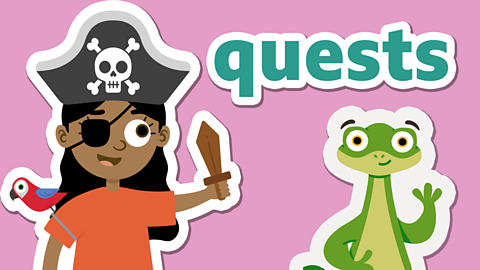
How to write a scary story
Bitesize KS2: English - Fiction

Stories to enjoy
Sir Gawain and the Green Knight
BBC Teach KS2: School Radio - English
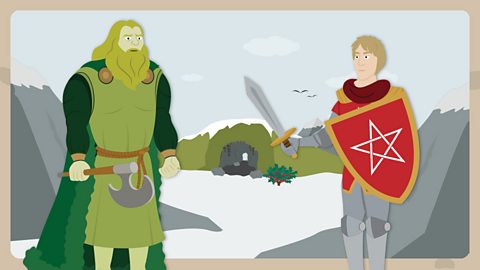
Viking Sagas - Norse Myths
BBC Teach KS2: School Radio - English
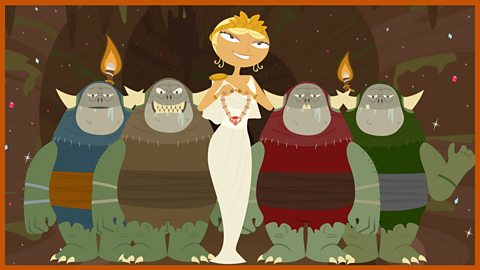
More storytelling tips
Here are some storytelling tips to help you write your own stories.
How to plan your story
Bitesize KS2: English - Creative writing
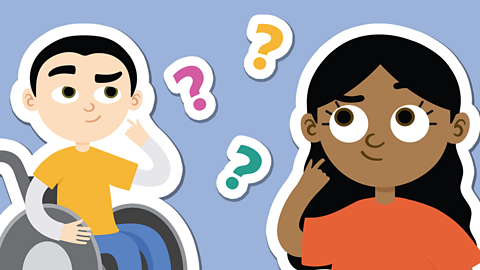
How is a story structured?
Bitesize KS2: English - Creative writing
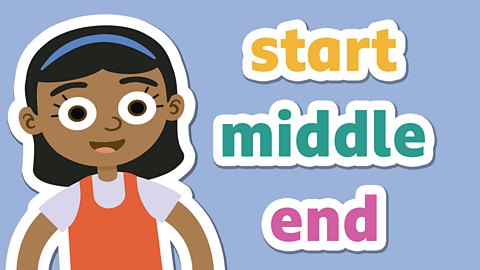
What is a setting?
Bitesize KS2: English - Creative writing
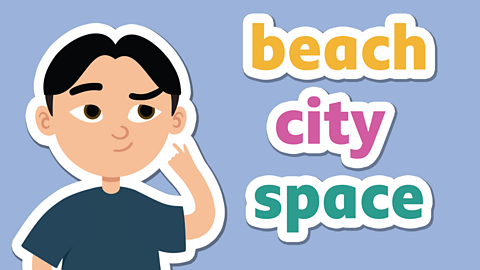
Who am I? Creating characters
BBC Teach 500 Words
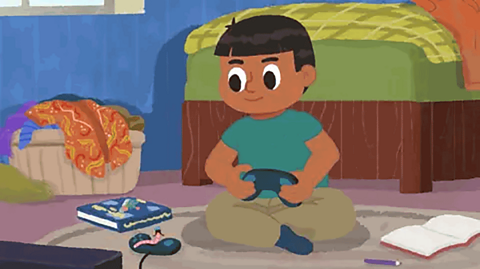
What happens next? Building a plot
BBC Teach 500 Words
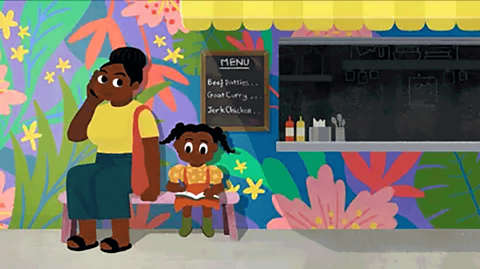
Finish with a flourish
BBC Teach 500 Words
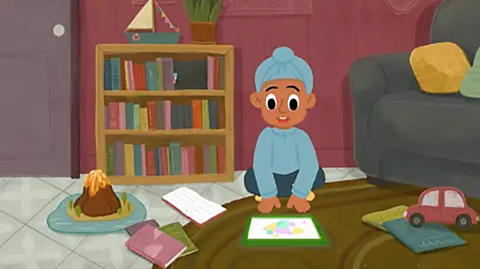
Activity: Write a short story
Write your own short story in 500 words or less.
Will you write a fantastic fairytale, an amazing adventure, or a strange science-fiction story?
If you are not sure where to start, use the story starters as inspiration.
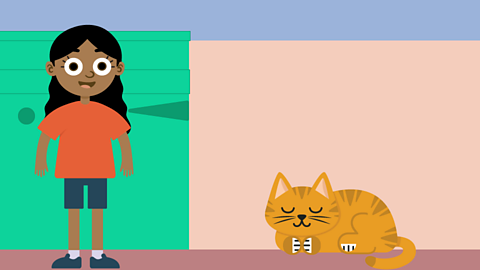
Image caption, I was walking home when I noticed a cat sitting by the gate. It stared at me for a moment and then said, "You’re going to need my help today." I blinked in shock—cats don’t talk, do they?
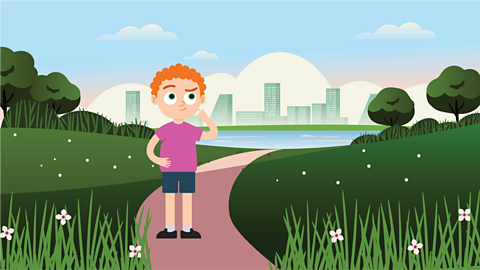
Image caption, My best friend, Max, had always been there for me—until one day, he disappeared. But then I discovered that Max wasn’t gone; he was just invisible and he had a secret to share with me.
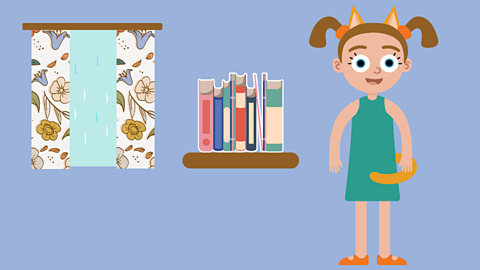
Image caption, It was a rainy Tuesday afternoon when Tianna discovered she was only part human.
1 of 3
History
Many stories have been passed down through time over thousands of years. They were told out loud by a storyteller before we had books to document them. Ancient Greek myths are an example of these.
Stories from the past teach us about how people lived and what they believed and can pass on lessons, beliefs and traditions.
They are not always fictional. They can also be factual and record the true stories of real people's lives.
For example, people record their daily life in diaries and these can be useful for historians to understand how people lived and to learn about special historical events. There are famous diaries such as the Diary of Samuel Pepys and the Diary of Anne Frank.
There are also biographies, which tell the story of a person's life. If the person writes it themselves, it's called an autobiography. If someone else writes it, it's called a biography.
Using social and historical context
Bitesize KS2: English - Comprehension
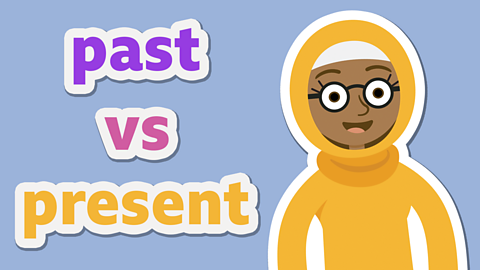
Who were the Ancient Greek Gods and Heroes?
Bitesize KS2: History - Ancient Greece
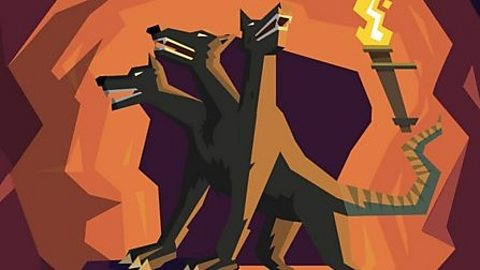
Ancient Greek Myths
BBC Teach KS2: School Radio - English
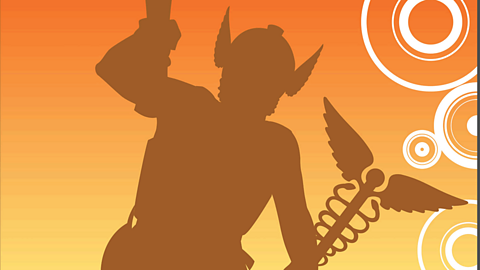
Exploring biographies
Bitesize KS2: English - Non-fiction
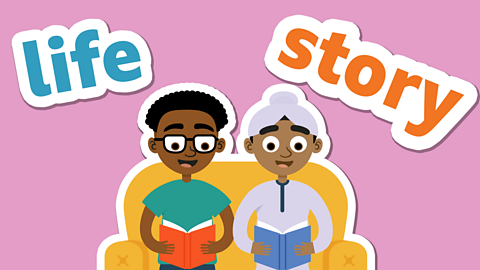
Biographies and auto-biographies
Bitesize KS2: English - Non-fiction
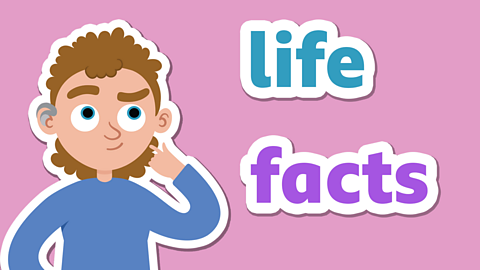
Diary writing
Bitesize KS2: English - Non-fiction
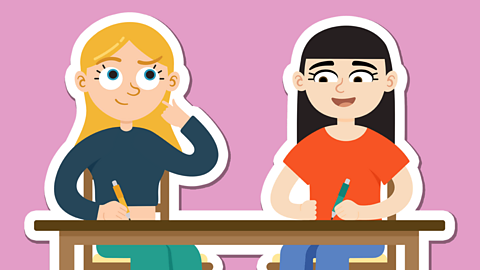
Modern Foreign Languages
Storytelling from around the world
Stories have been told around the world for thousands of years. We can learn about different cultures and also learn how to speak other languages by reading or listening to stories from different countries and cultures.
A story in French: Little Red Riding Hood
Bitesize KS2: Modern Foreign Languages
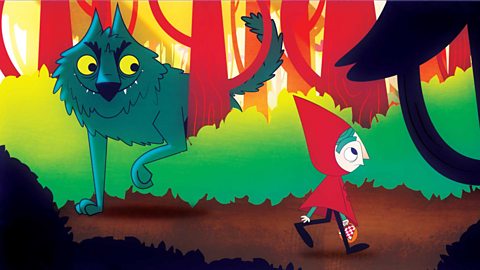
A story in Mandarin: Chinese New Year
Bitesize KS2: Modern Foreign Languages
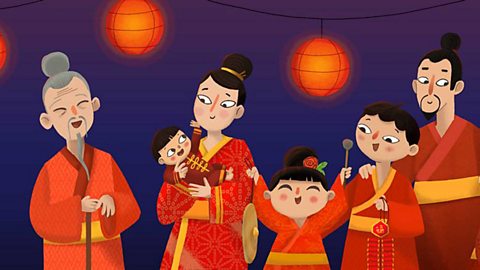
A story in Spanish: Don Quijote de la Mancha
Bitesize KS2: Modern Foreign Languages
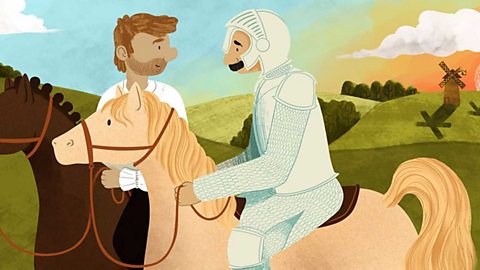
Religious Education
Many religions also use storytelling to explain important religious events. The stories often have a moral lesson for people to learn such as the importance of being kind, as in the Sikh story of Guru Nanak and the Boulder.
A story which has a moral lesson is also called a parable, for example the parable of the Good Samaritan, which teaches the importance of empathy and kindness.
Sikhism: The story of Guru Nanak and the boulder
Diwali - The Story of Rama and Sita
BBC Teach KS2: School Radio - Assemblies
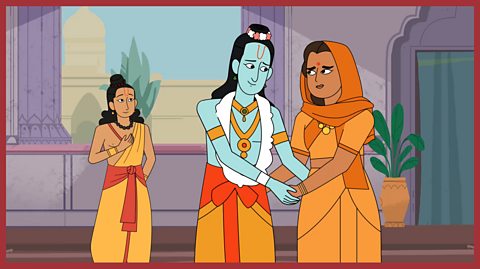
The Good Samaritan
BBC Teach School Radio: Bible Stories
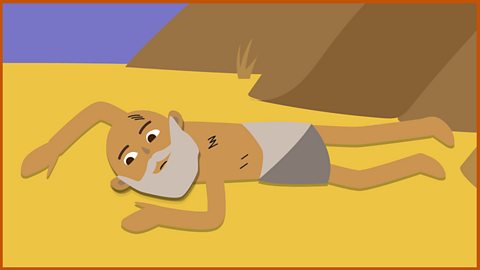
Aesop's Fables
Aesop was a slave and storyteller who lived in Ancient Greece. He is famous for writing Aesop's Fables, stories which are still told today. Fables are stories that feature animals and teach a moral lesson.
In the fable, The Boy Who Cried Wolf, the story shows that if you lie too many times, people might not believe you when you're telling the truth.
Aesop's Fables: The North Wind and the Sun
BBC Teach School Radio
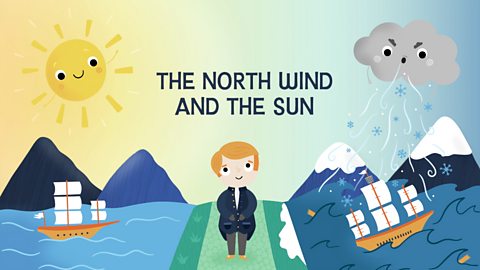
Aesop's Fables: The Boy Who Cried Wolf
BBC Teach School Radio
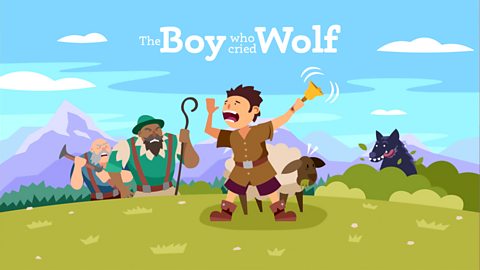
Aesop's Fables: The Fox and the Crow
BBC Teach School Radio
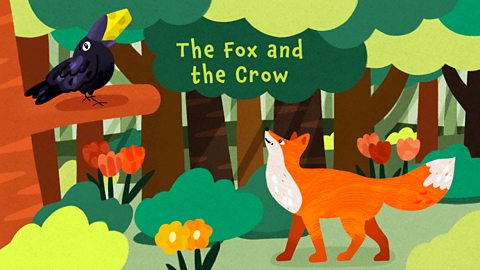
Learn more
Computer games and storytelling
Bitesize KS2: Computing - IT

Getting creative with computers
Bitesize KS2: Computing - IT
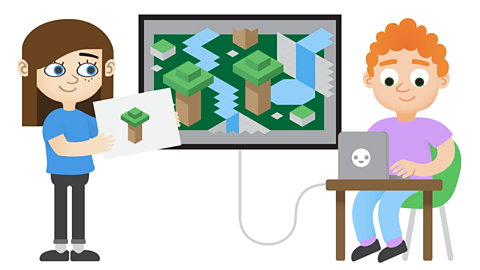
Time for a Story
BBC Scotland: Time for a Story
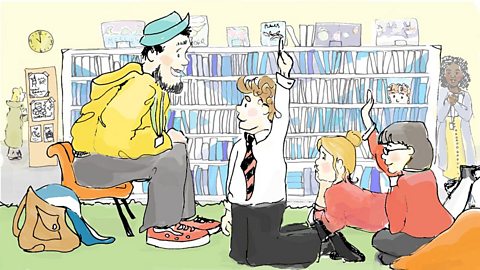
Where next?
Primary Topic Packs
Discover topics, events and project packs for children in KS1 and KS2.
